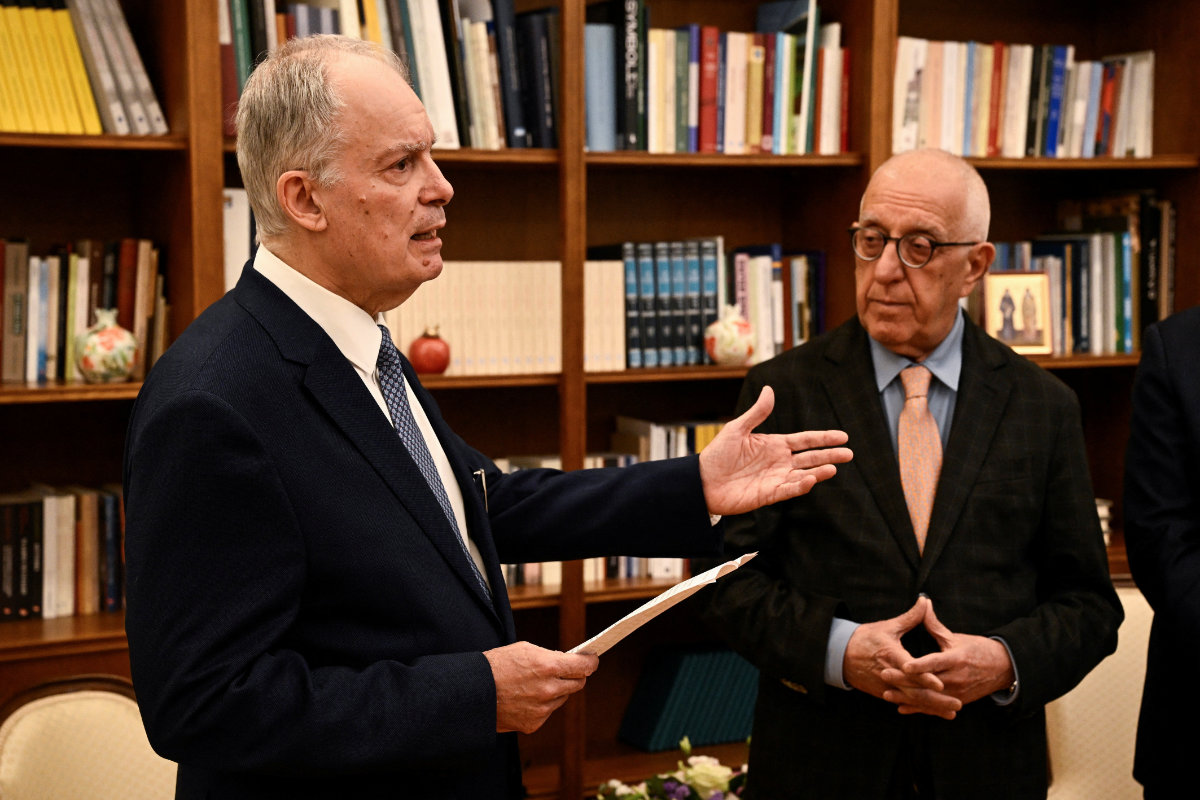MAKKAH: Saudi Arabia’s Heritage Commission stressed that it will stand firmly against people who tamper with archeological sites, taking legal measures against them and preventing any transgressions that pose a threat to the safety of the Kingdom’s heritage.
In the past week, the commission observed several violations of the antiquities and urban heritage regulations in Al-Wajh governorate in the Tabuk region and referred 23 expatriates to the relevant authorities.

The commission seeks to raise public awareness about Saudi Arabia’s archeological heritage. (SPA)
The Heritage Commission explained that the encroachments were observed on the Umm Qurayyat and Al-Arja sites in Al-Wajh, Tabuk.
The violators moved stones and soil from an archeological site, it noted, adding that authorities will take legal measures against them.
HIGHLIGHT
The Heritage Commission outlined the penalties for vandalism and attacks on heritage sites, as stipulated in Articles 71, 72, 73, 74, 75, 76 and 77 of the Antiquities and Urban Heritage Law.
The commission noted that it arrested numerous individuals who were involved in similar violations and investigations are underway in accordance with the applicable legal procedures.

The commission seeks to raise public awareness about Saudi Arabia’s archeological heritage. (SPA)
In its statement to Arab News, it emphasized that its mission is to protect and effectively manage the Kingdom’s cultural wealth and archaeological sites, by enforcing laws and regulations that ensure the protection of these sites.
The commission also seeks to raise local communities’ awareness about the importance of preserving cultural heritage as an integral part of the nation’s historical identity.

The commission seeks to raise local communities’ awareness about the importance of preserving cultural heritage as an integral part of the nation’s historical identity. (SPA)
The Heritage Commission outlined the penalties for vandalism and attacks on heritage sites, as stipulated in Articles 71, 72, 73, 74, 75, 76 and 77 of the Antiquities and Urban Heritage Law.
According to these regulations, anyone who illegally appropriates an antiquity belonging to the state faces imprisonment for a period ranging from six months to seven years, and fines of between SR50,000 ($13,300) and SR500,000.

The commission seeks to raise public awareness about Saudi Arabia’s archeological heritage. (SPA)
In addition, the articles stipulate that anyone who violates a monument, archeological site or urban heritage site by destroying, altering, removing, excavating, damaging and changing its features, can be punished with imprisonment for a period ranging from three months to three years, and a fine between SR20,000 and SR300,0000.
The commission added in its statement: “Anyone who surveys or excavates antiquities without a license faces imprisonment for a period of not more than two years and a fine of not more than SR200,000 or with one of these two punishments.

The commission seeks to raise public awareness about Saudi Arabia’s archeological heritage. (SPA)
“Similar penalties apply to anyone who imitates or falsifies antiquity or performs any of the total or partial demolition works within the boundaries of antiquities and urban heritage sites, or builds on them, without obtaining approval from the ministry.”
It indicated that anyone who modifies a building or an urban heritage site, makes a modification in the surrounding environment that damages it without taking the ministry's approval or moves rubble, stones, or soil from monuments and urban heritage sites without the ministry’s approval, faces imprisonment for not more than a year and a fine not exceeding SR100,000 or one of these two penalties.
Similar sanctions apply to anyone who throws rubble or waste, defaces a monument or urban heritage by writing, painting, engraving, sticking advertisements on it, or committing arson in monuments and urban heritage sites.





























